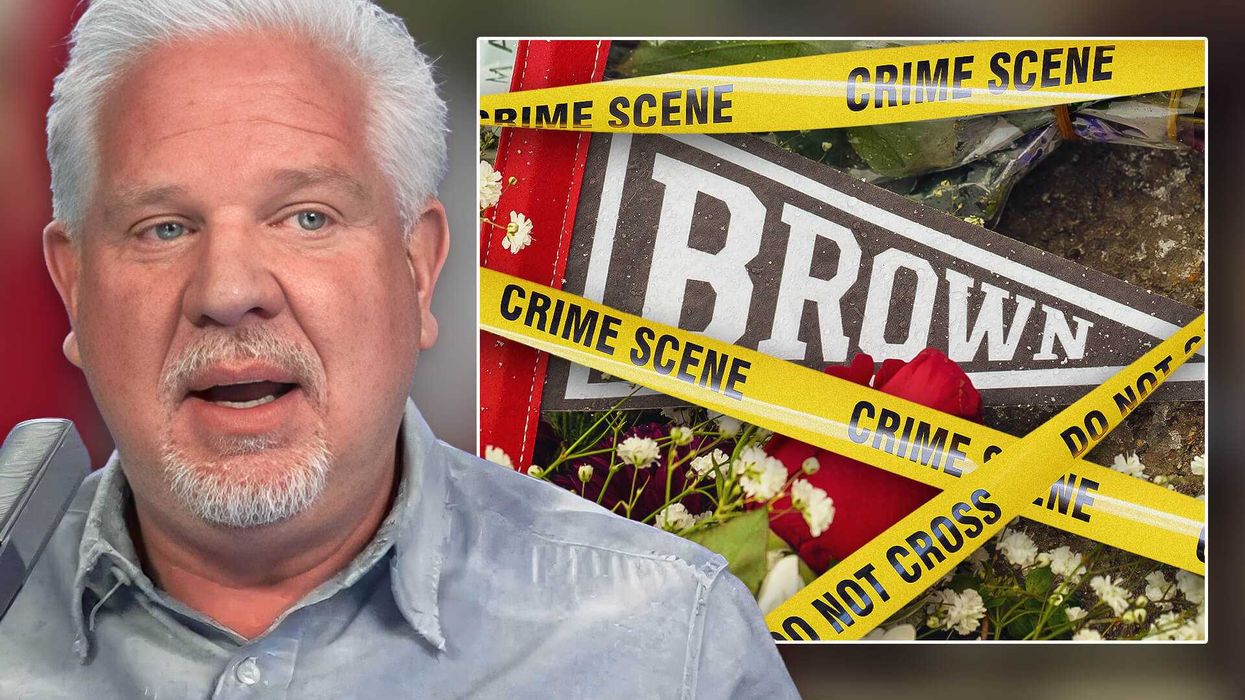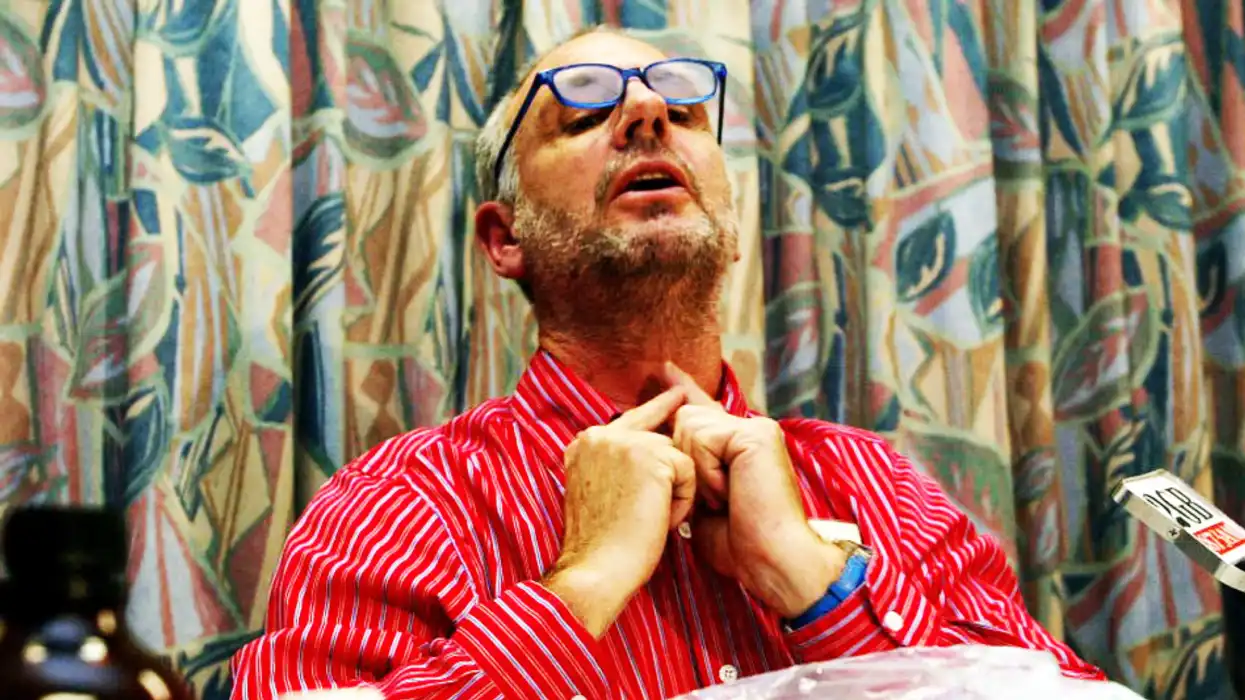© 2025 Blaze Media LLC. All rights reserved.
The Japanese health ministry confirmed Tuesday that leaking radiation from the quake-damaged Fukushima nuclear power plants may pose a public health risk. Radio France warned that "the radiation could spread, after a third explosion followed by a fire hit a reactor at the plant on Tuesday. There are fears that low-level radiation levels may have reached as far as the capital Tokyo."
In that light, the French government-owned news agency has decided to pull its foreign correspondents out of the country. Japan's Kyodo news reports:
Radio France decided Tuesday to pull out staff dispatched to cover the major earthquake in Japan, following a series of accidents at a Japanese nuclear power plant, a public relations official told Kyodo News.The state-run radio station has sent a total of seven reporters and technical staffers to report on last week's quake and tsunami, and accidents at the Fukushima No. 1 nuclear power plant.
The decision to withdraw the staff was made given the seriousness of the accidents at the nuclear power plant, the official said.
The pullout will leave one correspondent based in Japan for the French radio station. If the correspondent decides to leave Japan, support will be offered in arranging return travel, according to the official.
On the home front, the nuclear crisis unfolding in Japan has rattled the French, a largely pro-nuclear populace.
French President Nicolas Sarkozy has declared that abandoning nuclear energy is “out of the question,” but the ongoing drama at Japan's Fukushima reactors is causing some French public officials to voice concerns, the Christian Science Monitor notes.
France is so pro-nuclear that public discussion over the issue is constrained and the antinuclear sentiment that does exist is a shadow of what it is in Germany, Italy, or Austria.But Fukushima is “changing the discussion in France,” says Bruno Chareyon of a nonpartisan group that monitors radiation levels. “Nuclear questions have never been discussed and [looking at Japan] the people want to discuss it like anywhere else in the world. Nuclear plants are not designed to handle all kinds of problems, like a plane crash. They can resist earthquakes but not the biggest quakes.”
French energy officials first described explosions at the Fukushima Daichi Nuclear Power station as an “accident” not a “catastrophe" – even as the French Embassy in Tokyo advised French nationals to leave the city for three days. But with the No. 2 reactor at Fukushima facing a full or partial meltdown, Andre-Claude Lacoste, president of the French nuclear safety authority, rated the disaster a 6 on a scale of 7. The IAEA originally rated it as a 4. ...
Sarkozy stated Monday, “We must keep our heads cool, departing from nuclear energy is out of the question, we must maintain France's self-reliance in energy, we must maintain our policy to diversify renewable energies and … to reduce energy consumption. [But] it is necessary to defend French knowhow in the nuclear field.”
Want to leave a tip?
We answer to you. Help keep our content free of advertisers and big tech censorship by leaving a tip today.
Want to join the conversation?
Already a subscriber?
more stories
Sign up for the Blaze newsletter
By signing up, you agree to our Privacy Policy and Terms of Use, and agree to receive content that may sometimes include advertisements. You may opt out at any time.
Related Content
© 2025 Blaze Media LLC. All rights reserved.
Get the stories that matter most delivered directly to your inbox.
By signing up, you agree to our Privacy Policy and Terms of Use, and agree to receive content that may sometimes include advertisements. You may opt out at any time.






